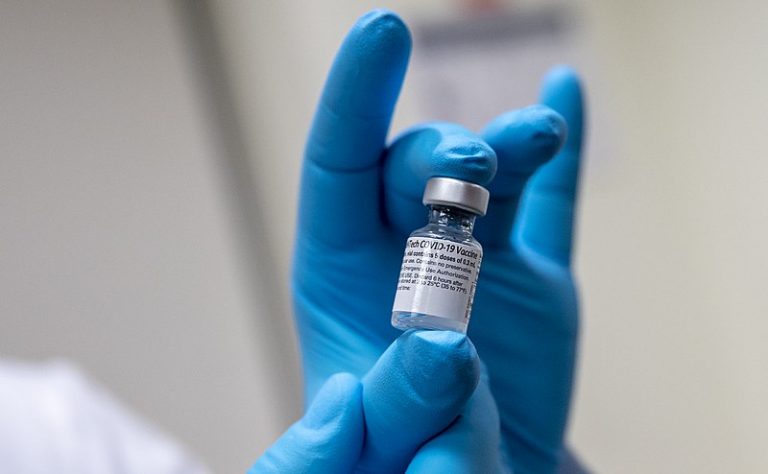Published on June 11, 2024

Reported by Kaiser Health News for Patch
PALO ALTO, CA — Stanford University infectious disease doctor Abraar Karan has seen a lot of patients with runny noses, fevers, and irritated eyes lately. Such symptoms could signal allergies, covid, or a cold. This year, there’s another suspect, bird flu — but there’s no way for most doctors to know.
If the government doesn’t prepare to ramp up H5N1 bird flu testing, he and other researchers warn, the United States could be caught off guard again by a pandemic.
“We’re making the same mistakes today that we made with covid,” Deborah Birx, who served as former President Donald Trump’s coronavirus response coordinator, said June 4 on CNN.
To become a pandemic, the H5N1 bird flu virus would need to spread from person to person. The best way to keep tabs on that possibility is by testing people.
Scientifically speaking, many diagnostic laboratories could detect the virus. However, red tape, billing issues, and minimal investment are barriers to quickly ramping up widespread availability of testing. At the moment, the Food and Drug Administration has authorized only the Centers for Disease Control and Prevention’s bird flu test, which is used only for people who work closely with livestock.
State and federal authorities have detected bird flu in dairy cattle in 12 states. Three people who work on separate dairy farms tested positive, and it is presumed they caught the virus from cows. Yet researchers agree that number is an undercount given the CDC has tested only about 40 people for the disease.
“It’s important to know if this is contained on farms, but we have no information because we aren’t looking,” said Helen Chu, an infectious disease specialist at the University of Washington in Seattle who alerted the country to covid’s spread in 2020 by testing people more broadly.
Reports of untested sick farmworkers — as well as a maternity worker who had flu symptoms — in the areas with H5N1 outbreaks among cattle in Texas suggest the numbers are higher. And the mild symptoms of those who tested positive — a cough and eye inflammation, without a fever — are such that infected people might not bother seeking medical care and, therefore, wouldn’t be tested.
The mild symptoms of those who tested positive for bird flu — a cough and eye inflammation, without a fever — are such that infected people might not bother seeking medical care and, therefore, wouldn’t be tested. “It’s important to know if this is contained on farms, but we have no information because we aren’t looking,” said Helen Chu, an infectious disease specialist at the University of Washington.